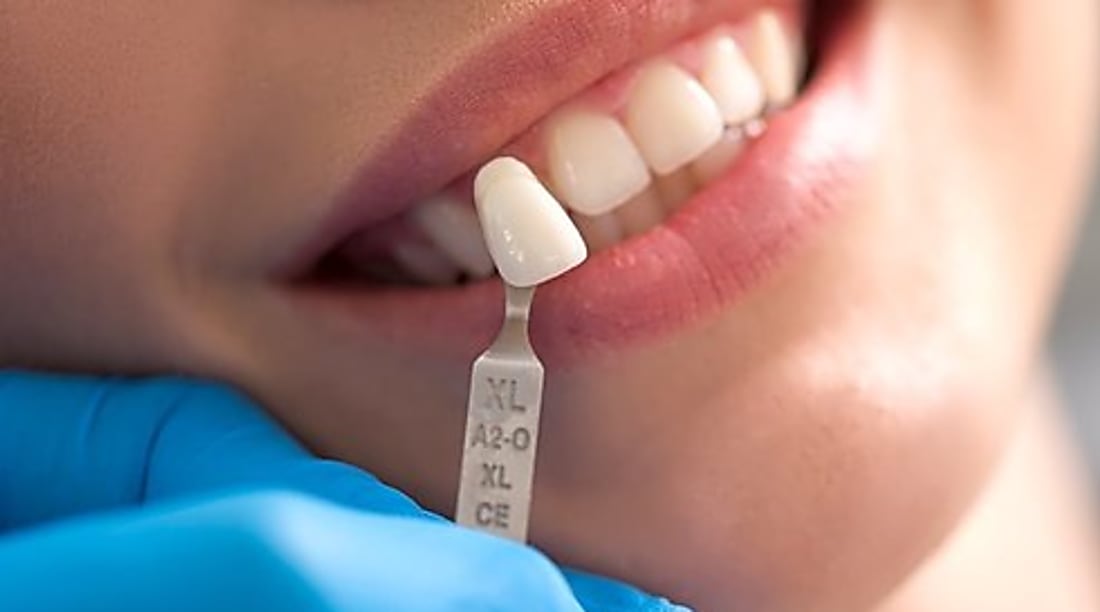Dental Implants on the NHS for Over 60s: A Practical Guide to Eligibility
Accessing dental implants through the NHS after age 60 depends on specific clinical criteria. This guide explains eligibility requirements, common medical considerations, waiting times, and treatment pathways. It also offers steps for preparing consultations and exploring alternatives if NHS funding isn’t approved.

The NHS provides dental implant treatment in limited circumstances, primarily when implants are considered clinically necessary rather than cosmetic. For individuals over 60, understanding these strict eligibility criteria is crucial before pursuing NHS treatment options.
What Are the NHS Eligibility Criteria for Dental Implants?
NHS dental implant eligibility follows stringent medical guidelines that prioritize clinical necessity over aesthetic preferences. The NHS typically considers implants when conventional dentures are unsuitable due to medical conditions, severe bone loss, or inability to retain traditional prosthetics. Patients may qualify if they have congenital conditions affecting jaw development, facial trauma requiring reconstruction, or cancer treatment that has damaged oral structures. Age alone does not determine eligibility, but underlying health conditions common in older adults may support a case for NHS funding. The assessment focuses on functional improvement rather than cosmetic enhancement, requiring comprehensive medical documentation to support the application.
What to Expect During Your Dental Consultation and Assessment
The NHS assessment process begins with a thorough examination by your dentist, who evaluates your oral health, medical history, and specific circumstances. During the consultation, expect detailed questioning about your current dental problems, previous treatments, and how tooth loss affects your daily life. The dentist will examine your mouth structure, remaining teeth, and jaw bone density through clinical examination and potentially X-rays or CT scans. They will assess whether conventional treatments like dentures or bridges are viable alternatives before considering implants. The consultation includes discussion of your medical conditions, medications, and lifestyle factors that might affect treatment success. Documentation of functional difficulties with eating, speaking, or maintaining oral hygiene strengthens your case for NHS consideration.
Understanding NHS Wait Times and Referral Pathways
NHS dental implant referrals typically involve multiple stages and extended waiting periods. Initial assessment by your NHS dentist leads to referral to a specialist oral surgery department, where waiting times can range from several months to over a year depending on your location and case complexity. The referral process requires detailed clinical justification and supporting evidence of medical necessity. Once referred, you join a waiting list for specialist consultation, followed by additional waiting for treatment approval and scheduling. Emergency cases receive priority, while routine implant requests face longer delays. Some areas have dedicated oral surgery units with shorter waiting times, while others rely on hospital-based services with extended queues. Understanding these timelines helps manage expectations and plan alternative arrangements if necessary.
Financial Options if Implants Aren’t Covered by the NHS
When NHS funding is unavailable, several financial options can make private dental implant treatment more accessible. Many dental practices offer payment plans allowing treatment costs to be spread over monthly instalments, making expensive procedures more manageable for pensioners on fixed incomes. Dental insurance policies may provide partial coverage for implant treatment, though pre-existing conditions and waiting periods often apply. Some patients explore medical loans specifically designed for healthcare treatments, offering competitive interest rates and flexible repayment terms. Dental schools occasionally provide reduced-cost treatment performed by supervised students, though availability varies by location. Additionally, some private practices offer senior discounts or special packages for multiple implants, reducing overall treatment costs.
| Treatment Option | Provider Type | Estimated Cost Range |
|---|---|---|
| Single NHS Implant | NHS Hospital | £0-£269 (if eligible) |
| Single Private Implant | Private Practice | £1,500-£3,000 |
| Multiple Implants | Specialist Clinic | £8,000-£25,000 |
| All-on-4 Treatment | Private Hospital | £12,000-£30,000 |
Prices, rates, or cost estimates mentioned in this article are based on the latest available information but may change over time. Independent research is advised before making financial decisions.
Preparing for Dental Implant Surgery and Recovery at Home
Proper preparation significantly impacts implant surgery success and recovery outcomes, particularly for older patients who may have additional health considerations. Pre-surgery preparation includes optimizing oral hygiene, managing existing medical conditions, and arranging post-operative support at home. Your surgeon will provide specific instructions about medications to avoid, dietary restrictions, and smoking cessation requirements. Stock your home with soft foods, pain medications, ice packs, and oral hygiene supplies recommended by your dental team. Arrange transportation to and from appointments, as sedation effects may impair driving ability. Create a comfortable recovery space with extra pillows for elevated sleeping, which reduces swelling and promotes healing. Understanding potential complications and when to contact your dental team ensures prompt attention to any concerns during the critical healing period.
While NHS dental implant coverage remains limited for most patients over 60, understanding the eligibility criteria, assessment process, and alternative funding options enables informed decision-making about your oral health needs. The combination of thorough preparation, realistic expectations about waiting times, and exploration of private treatment options ensures you can access appropriate dental care regardless of NHS funding decisions. Consulting with both NHS and private dental professionals provides comprehensive information to guide your treatment choices and financial planning for optimal oral health outcomes.
This article is for informational purposes only and should not be considered medical advice. Please consult a qualified healthcare professional for personalized guidance and treatment.




